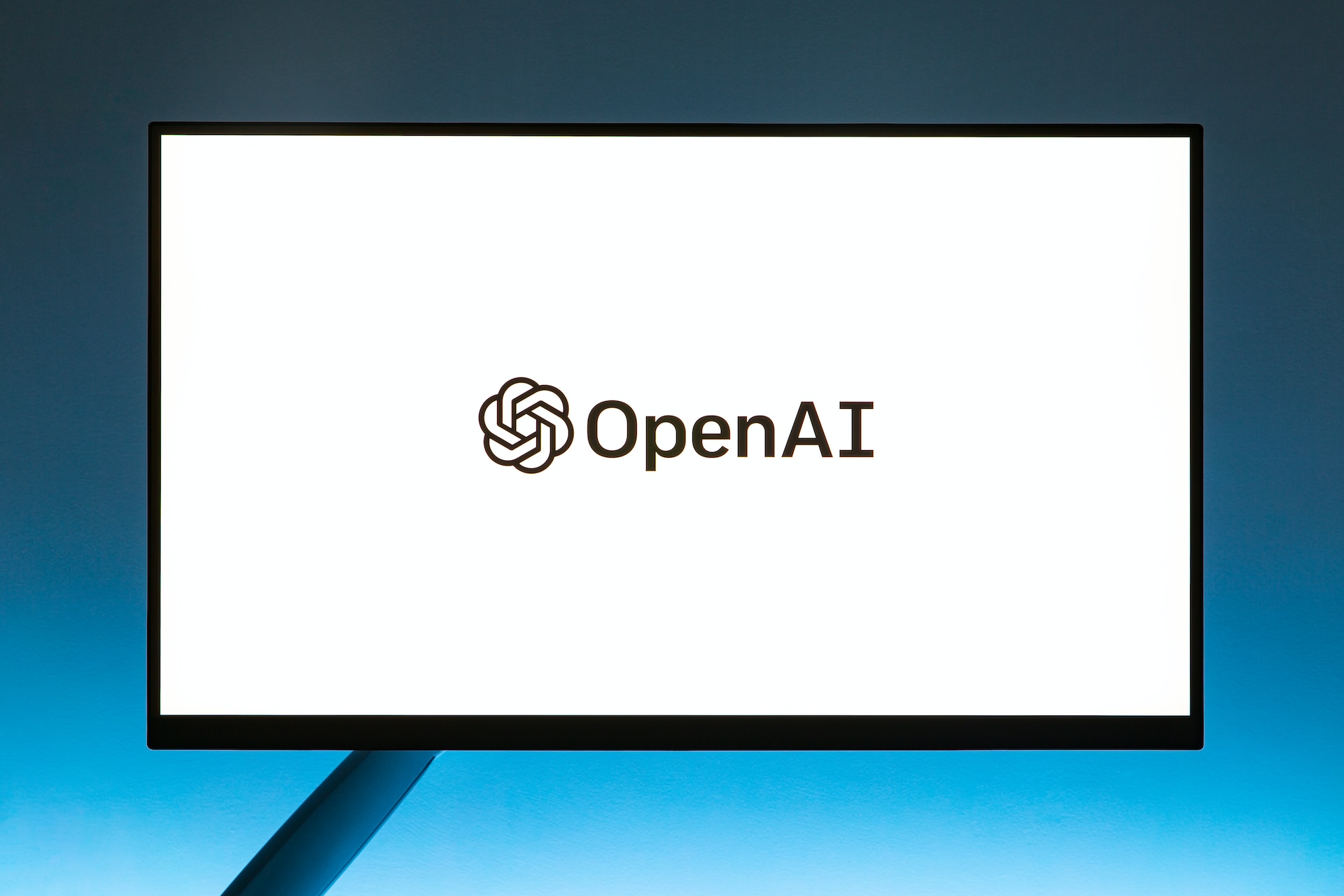
Sam Altman, OpenAI CEO, testified before a U.S. Senate committee, emphasizing the necessity of government intervention to address the risks posed by powerful AI systems. OpenAI, founded by Altman in 2015 with assistance from Elon Musk, gained public attention following the release of ChatGPT last year. ChatGPT and similar chatbot programs generate highly realistic responses but can also be prone to inaccuracies. Additionally, numerous AI models have emerged in the market recently.
Altman emphasized the need for independent audits of companies like OpenAI and proposed the establishment of a regulatory agency to enforce safeguards against AI models capable of self-replicating and spreading without control.
He called upon the Senate committee to establish a U.S. or global agency responsible for licensing the most powerful AI systems and having the authority to revoke licenses and ensure compliance with safety standards.
Altman acknowledged the potential economic impact of AI, including the possibility of job displacement. Initial concerns about ChatGPT arose when educators discovered its potential for facilitating cheating on homework assignments. Over time, these concerns expanded to encompass broader issues related to the misleading nature of the latest generation of “generative AI” tools, such as spreading falsehoods, infringing upon copyright protections, and disrupting certain job sectors.
OpenAI CEO fears AI could raise misinformation
Altman expressed his concern about the potential negative impact of AI on democracy, particularly regarding the dissemination of targeted misinformation during elections. He emphasized that addressing this issue is one of his top priorities. Altman also stated that OpenAI will work with the government to prevent potential harm should any issues arise with the technology.
“As technology advances, we share the public’s concerns about its transformative effects on our lives.”
Sam Altman, OpenAI CEO
Additionally, it has been reported that Altman has planned a worldwide tour to engage with policymakers and the general public on AI. The tour will cover national capitals and major cities across six continents.
Senator Richard Blumenthal, the chair of the Senate Judiciary Committee’s subcommittee on privacy, technology, and the law, highlighted the importance of requiring AI companies to test their systems and disclose known risks before releasing them. He expressed concerns about the potential destabilization of the job market by future AI systems and mentioned the progress made by Europe with the AI Act, which is scheduled for a vote next month in the European Parliament.
Senator Josh Hawley of Missouri, the ranking Republican on the panel, emphasized the significant implications of AI technology on elections, jobs, and national security. He regarded the hearing as a crucial initial step towards comprehending the necessary actions Congress should take.
Joining the testimony were Christina Montgomery, Chief Privacy and Trust Officer at IBM, and Gary Marcus, a professor emeritus at New York University. Marcus was part of a group of AI experts who urged OpenAI and other technology companies to temporarily halt the development of more advanced AI models for six months. Their aim was to provide society with additional time to carefully consider the associated risks.
Photo Credit: Unsplash



